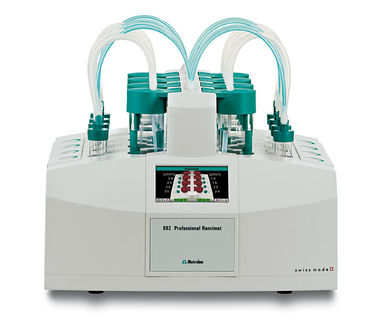To use all functions of this page, please activate cookies in your browser.
my.chemeurope.com
With an accout for my.chemeurope.com you can always see everything at a glance – and you can configure your own website and individual newsletter.
- My watch list
- My saved searches
- My saved topics
- My newsletter
Lloyd Montgomery PidgeonLloyd Montgomery Pidgeon, O.C., M.B.E., Ph.D., LL.D. (December 3 1903 – December 9 1999) was a Canadian chemist who developed the Pidgeon process, one of the methods of magnesium metal production, via a silicothermic reduction. He is considered the "father" of academic metallurgical research in Canada. Product highlightBorn in Markham, Ontario, the son of E. Leslie Pidgeon, an United Church of Canada minister, and Edith Gilker, he received a Bachelor of Arts in science from the University of Manitoba in 1925, a Master of Science from McGill University in 1927, and a Ph.D. in chemistry from McGill University in 1929. He was awarded a Sir William Ramsay Memorial Fellowship from Oxford University and worked under Sir Alfred Egerton from 1929 to 1931. In 1931, he joined the National Research Council. In 1943, he was appointed chairman of the department of metallurgy at the University of Toronto. He retired in 1969. In 1996, he was made an Officer of the Order of Canada. He was made a Fellow of the Royal Society of Canada in 1943. He was inducted into the Canadian Mining Hall of Fame. He married Frances Rundle. They had two children. References
|
| This article is licensed under the GNU Free Documentation License. It uses material from the Wikipedia article "Lloyd_Montgomery_Pidgeon". A list of authors is available in Wikipedia. |







